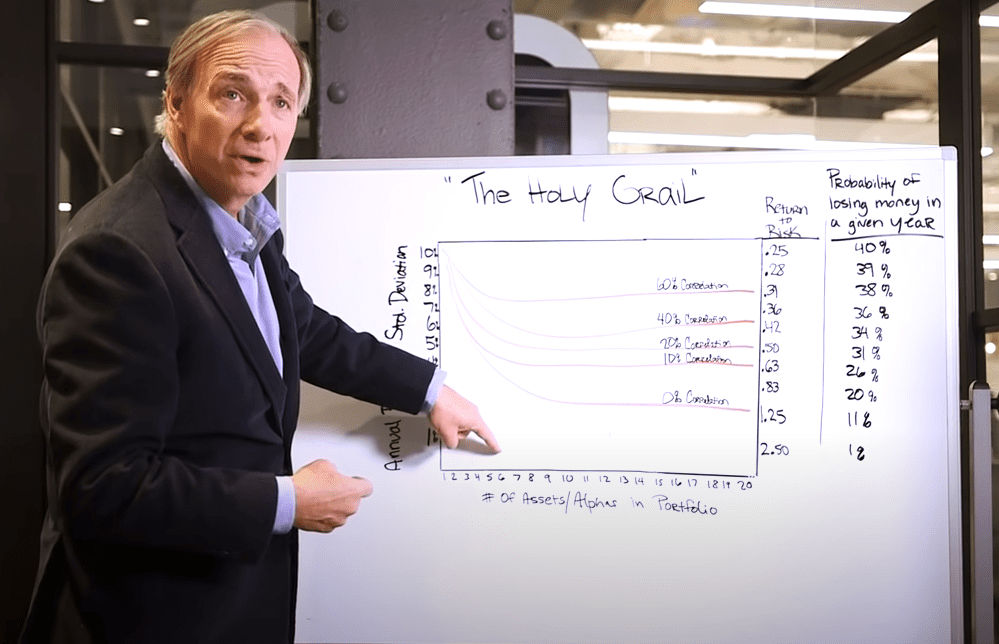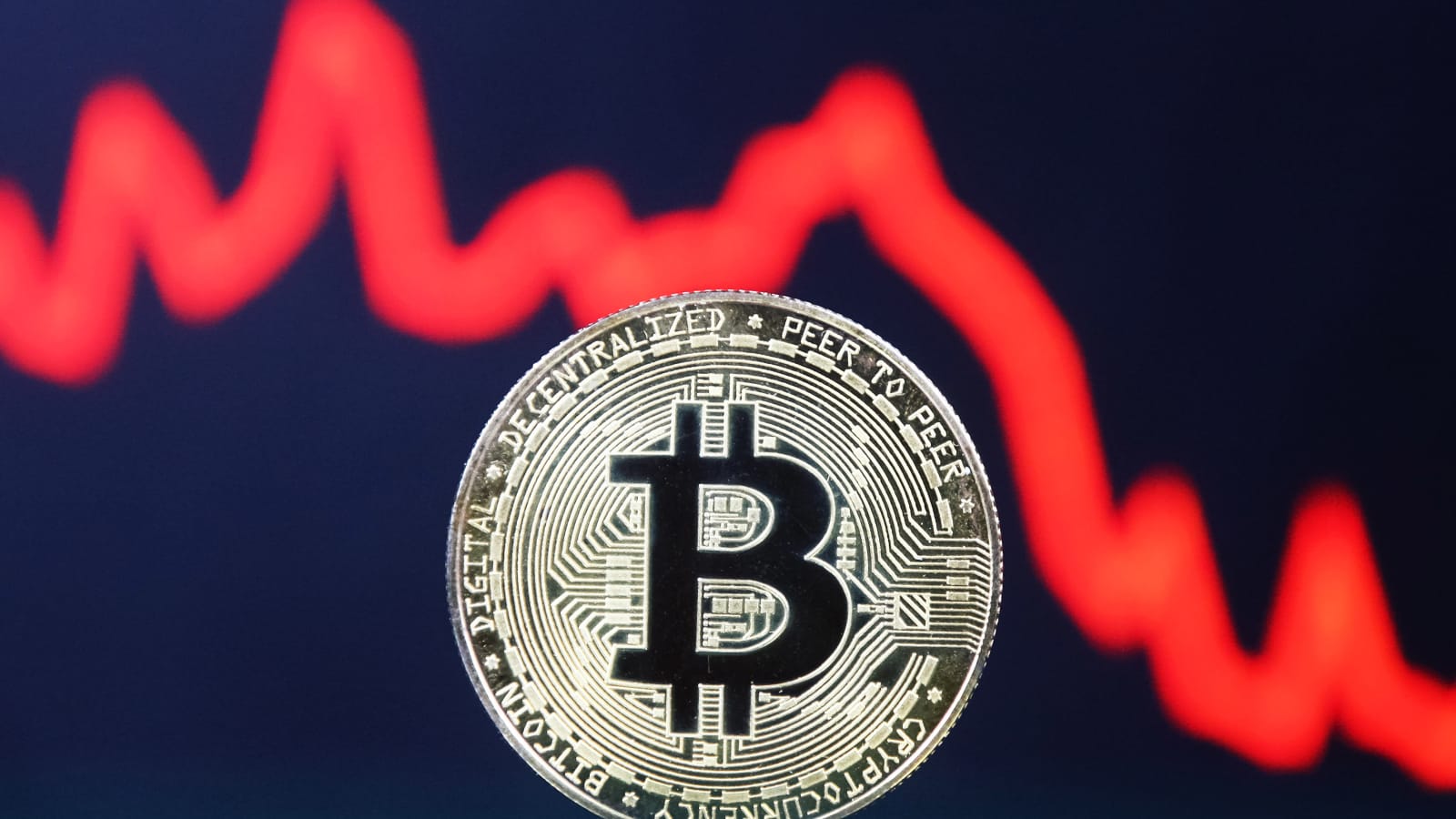Where can ETFs listed On the Exchange Can Be Found
ETFs are growing. ETFs provide equity diversification from many companies. ETFs allow diversification. They're exchange-traded like stocks. Day-to-day trading affects prices.

What Is An Exchange Traded Fund (ETF)
ETFs, or exchange-traded funds, are a type of investment fund that trades just like any other stock on the stock market. Equities, bonds, and other instruments are all included in ETFs. They are the most cost-effective way to invest in a wide range of assets all at once. ETFs can often be passively or actively managed.
Indexes like the NIFTY 50 can be tracked with ease using passively managed ETFs. That way, everyone can put in the same amount of money into the Nifty 50 index. They are also used to monitor the price of a certain commodity or market segment, such as gold. ETFs, similar to business shares, are identified by a ticker symbol.
Where can investors find the ETFs listed on the exchange?
Mutual funds and common stocks are both examples of ETFs. Exchange-traded funds (ETFs) and their underlying assets are listed on security exchanges and exchanged continuously by dealers and investors. The market determines the regular range of their pricing. The National Stock Exchange (NSE) and the Bombay Stock Exchange (BSE) both have comprehensive lists of exchange-traded funds (ETFs) that investors can peruse.
What Are Different Types Of ETFs?
Following are some of the popular types of ETFs you can invest in.
Market or Equity ETFs
These exchange traded funds are based on an index, such as the SENSEX or NIFTY 50. It allows investors to have exposure to the whole basket of companies that make up an index with only one trade.
Sector or Thematic ETFs
These types of ETFs are structured to track the baskets of stocks related to any particular sector or theme, such as technology, pharmaceuticals, or oils.
International ETFs
These ETFs mimic the performance of major global market indices like the NASDAQ 100. Investors can build a more diversified foreign portfolio with the help of these ETFs.
Commodity ETFs
Energy exchange traded funds and precious metals ETFs are examples of commodities.
Leveraged ETFs
These funds are structured for leveraging to boost returns.
Why investing in ETFs is beneficial?
Investing in ETFs is crucial. In order to maximise their returns, investors should consider the following advantages:
Whereas mutual funds can only be bought and sold at the market closing each day, exchange-traded funds (ETFs) can be exchanged throughout the day.
When compared to actively managed mutual funds, ETFs have lower capital gain distribution and are hence more tax efficient.
All ETFs are required to disclose their holdings at the close of business each day.
What Are The Terms Related To ETF?
Every ETF investor should know the terms like NAV, tracking error, and market price before investing in ETFs.
Net Asset Value (NAV)
Net Asset Value (NAV) is the value of an ETF's underlying assets.
Market Price
The market price of an ETF is the price at which its units can be purchased or sold on the security exchange.
The market price of an ETF will always be slightly higher than its NAV due to supply and demand. Returns on ETF purchases and sales are tied to market price rather than NAV.
Also Read : Will AI model sizes increase or decrease over time?
Tracking Error
A tracking error is the amount by which an ETF deviates from its index. If the ETF's performance deviates significantly from the index, the tracking error is substantial. ETFs with small tracking mistakes are preferable as a result.
Conclusion
Exchange-traded funds (ETFs) provide investors a wider range of low-cost investments. Depending on the ETF, investors can have diversified exposure to a market or commodity of interest to them. Investors can benefit from passive ETFs because of their reduced tracking inaccuracy compared to index funds. The NSE and BSE are two markets where anyone interested in investing in ETFs can do so.















.jpeg?updatedAt=1700934779584)




